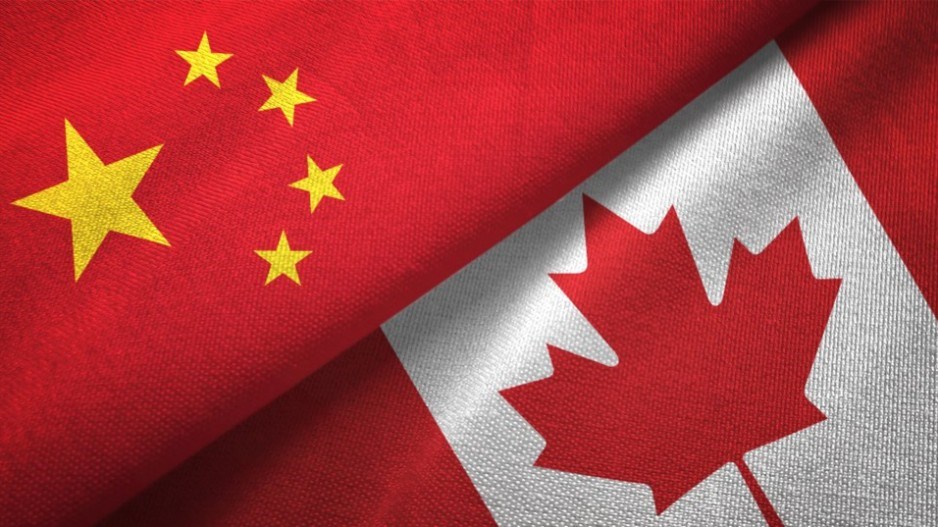In 2004, Canadians were getting acquainted with the early stages of the Commission of Inquiry into the Sponsorship Program and Advertising Activities. Justice John Gomery acted as the sole commissioner, with a mandate to figure out how corruption saturated the efforts to raise awareness about the federal government’s activities in Quebec.
The revelations of the Gomery Commission played a significant role in the way Canadians perceived the Liberal Party. Paul Martin became prime minister following the retirement of Jean Chrétien, enjoying high approval ratings and a seemingly disjointed opposition. While Martin earned a minority mandate in 2004, the Liberals were defeated by the Conservatives in 2006. The campaign saw Stephen Harper implement a unique one-two punch: Reminding voters of the “sponsorship scandal” and providing palatable pieces of policy—such as a reduction on the goods and services tax (GST)—that voters could get behind.
Two decades later, the Liberal Party is once again in the middle of an unwelcome review. The Public Inquiry into Foreign Interference in Federal Electoral Processes and Democratic Institutions began its activities in September 2023. Last month, 45 per cent of Canadians told us that they have followed it “very closely” or “moderately closely”—a proportion that climbs among those who voted for the Liberal Party (52 per cent) or the Conservative Party (50 per cent) in 2021.
So far, the revelations of the Foreign Interference Commission have not been as spectacular as those related to the “sponsorship scandal.” Still, the public has become more skeptical of democracy itself.
More than three in five Canadians (64 per cent) think foreign governments have successfully influenced federal elections in this century, up six points since a survey , when it was not clear whether a Foreign Interference Commission would be established. More than half of Canadians (55 per cent, up six points) also think federal nomination contests have been compromised by foreign actors.
The commission is not tasked with reviewing activities related to provincial and municipal politics, though they are not exempt from foreign manipulation in the eyes of many Canadians. We see a rise in the proportion of Canadians who believe that provincial elections (49 per cent, up seven points), provincial nomination contests (39 per cent, up four points), municipal elections (40 per cent, up seven points) and municipal nomination contests (34 per cent, up five points) have been successfully influenced by foreign governments.
On this file, one nation is ahead of all others. Two-thirds of Canadians (66 per cent, up six points) think it is “very likely” or “moderately likely” that China has attempted to influence electoral processes in Canada this century. The proportions are lower for the U.S. (63 per cent), Russia (57 per cent), India (42 per cent) and Pakistan (33 per cent).
We continue to see more than seven in 10 Canadians (73 per cent) wishing for the federal government to introduce laws against foreign interference that mirror what Australia has put in place.
Australia’s laws criminalize covert and deceptive or threatening activities by people intending to interfere with the country’s democratic systems and processes or support the intelligence activities of a foreign government. Sizable majorities of Canadians who voted for the Liberals (83 per cent), the Conservatives (80 per cent) or the NDP (71 per cent) in the last election see this as the correct course of action.
The Foreign Interference Commission has raised questions about foreign interference affecting federal nomination races. We asked Canadians about two possible solutions to this problem. More than half (55 per cent) think it would be a “very good” or “good” idea to hold open primary elections in contested federal nominations, like they do in the U.S. A larger proportion of respondents (70 per cent) would place all federal nomination races under the jurisdiction of Elections Canada.
The concept of primaries is relatively new to Canadians, as almost one in four (23 per cent) are undecided about their use in this case. Still, involving Elections Canada on internal contests is a decidedly popular notion. If two individuals want to command a party into an election in a specific constituency, a vote under the purview of one of the most respected institutions in the country is seen as a better alternative to backroom meetings that can be easily exploited by foreign actors.
Mario Canseco is president of Research Co.
Results are based on an online study conducted from August 19-21, 2024, among 1,002 adults in Canada. The data has been statistically weighted according to Canadian census figures for age, gender and region. The margin of error is plus or minus 3.1 percentage points, 19 times out of 20.




